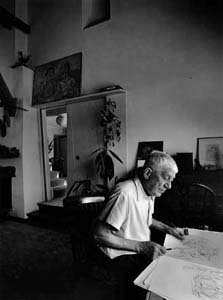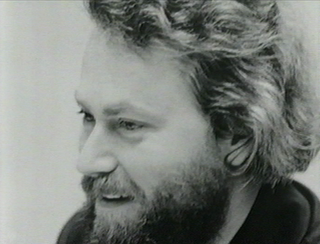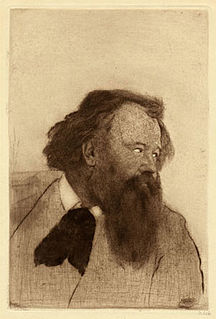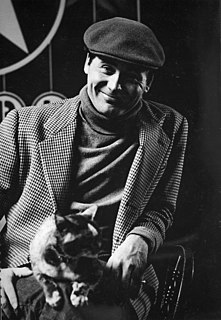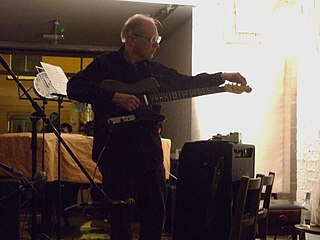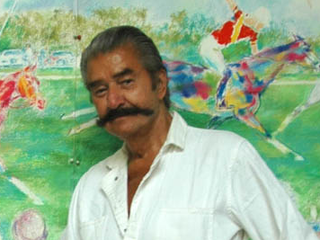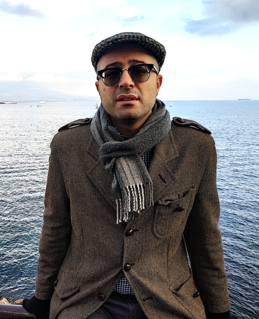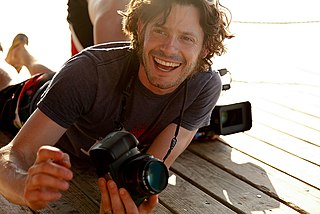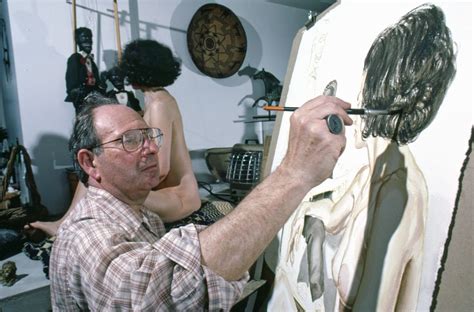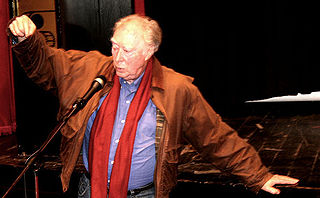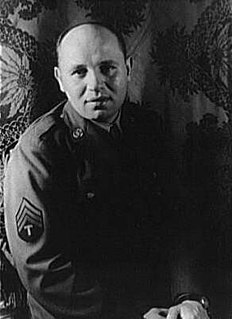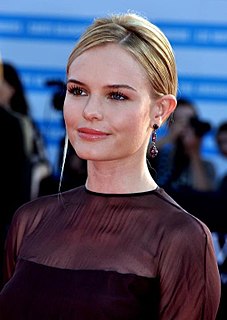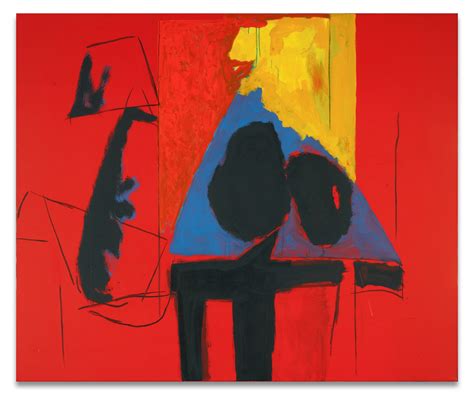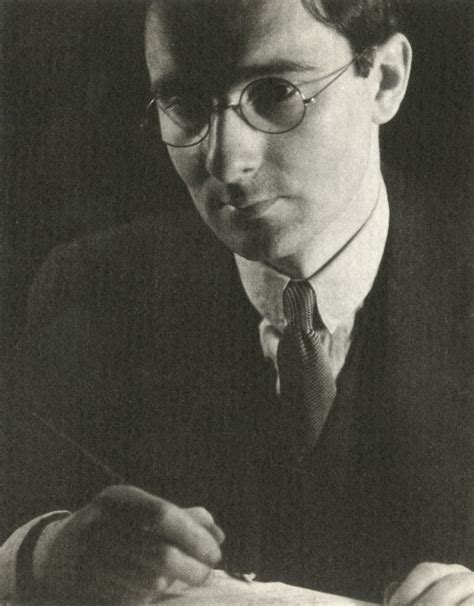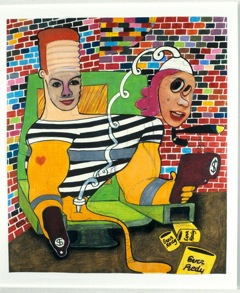Top 40 Expressionism Quotes & Sayings
Explore popular Expressionism quotes.
Last updated on April 14, 2025.
Pop is everything art hasn't been for the last two decades...It springs newborn out of a boredom with the finality and over-saturation of Abstract-Expressionism, which, by its own esthetic logic, is the END of art, the glorious pinnacle of the long pyramidal creative process. Stifled by this rarefied atmosphere, some young painters turn back to some less exalted things like Coca-Cola, ice-cream sodas, big hamburgers, super-markets and 'EAT' signs. They are eye-hungry; they pop.
Sometimes the things I learn making paintings or drawings - composition, colour, expressionism, texture - can directly influence the making of a film. Sometimes it's great that they are different, and simply taking a break from one medium to spend time with another, recharges the batteries and I feel refreshed.
I went to the Mary Lee Burbank School in Belmont. And it was a place where you, like, learned to go to the store? And I was saying, Oh God, I want to learn something else. I wanted to learn to read and write better and do mathematics better. They were very much into Abstract Expressionism and that artsy stuff. And where most kids did what I call meaningless blobs, I could render perfectly.
Gorecki, you know, there's a kind of personal thing there for me. I had, you know, kind of become obsessed with that sort of Soviet Bloc period. And actually, a lot of composers in the Soviet Bloc - Gorecki's not the only one - are writing for the harpsichord as a sort of reaction against enforced Soviet realism, expressionism, sort of enforced modernism.
I was at Rutgers University, and that was a center for Fluxus in a way. But it wasn't what I was interested in. All of it had an impact - as did happenings - because I could see that art was changing from expressionism, which I was doing at the time, or thought I was doing. But it wasn't the direction I really wanted to go.
I'm not so interested in this series of ruptures, where minimalism took over pop art, and then neo-expressionism was a triumph over that. I'm not interested in rupture - I'm interested in healing, bringing things together, building bridges. Not dismissing what has come before as a kind of modernist precedent, where one thing has to be broken in order to achieve something else. I don't believe in that kind of attitude. I think we're beyond that at this stage.
When I was going to school and under the influence of Abstract Expressionism, I believed that if you had a give-and-take rapport with your work that it would be you, and that would be all that was required. It would be honest, and the core of your personality would come out if you responded to position and contrasts in your work.
Every art critic and every writer doesn't have a frame to start off from. If I made a statement saying, "This is Abstract Expressionism," they could go, "Well, he failed miserably," or, "Fantastic, this is a new genius!" But in art history, I don't see any of the artists I like spewing bullshit. I don't see anyone recording it or pronouncing what they were doing.
Reggae, oh man. It's the ultimate music. The positivity. The musicality. The whole cultural expressionism of it. The danceability. Just the cool factor. The melody factor. Some of it comes from a religious place. If there were a competition of who makes the best religious music, it would definitely be the Rastafarian reggae.
